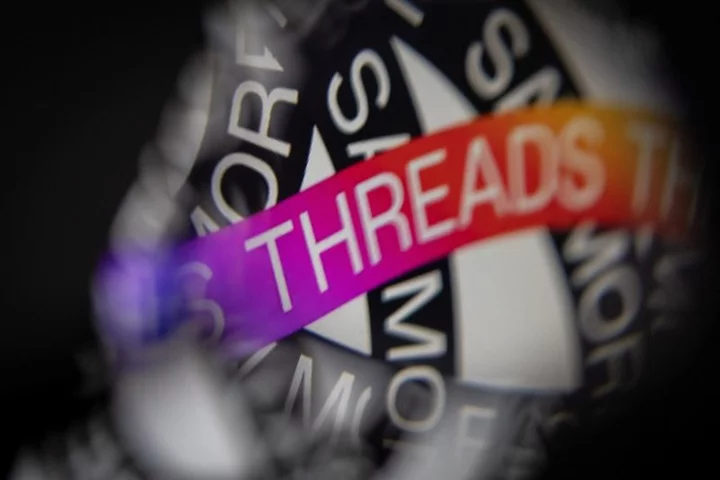By Martin Coulter
LONDON Meta, the company behind social media giants Facebook and Instagram, has launched its new microblogging platform Threads.
WHAT IS THREADS?
The new app bears a striking resemblance to Twitter, allowing users to post text, images, or videos, as well as like, share, or repost content.
Threads accounts are synched to Instagram at the outset, allowing users to keep their usernames and retain followers. Posts can be up to 500 characters long and include links, photos and videos up to five minutes long.
One thing Threads has not copied from Twitter is the ability to message other users directly, but Meta CEO Mark Zuckerberg promises there are updates to come.
Posting on his new app hours after launch, Zuckerberg wrote: “The team did a great job with Threads v1. A long journey ahead but a really talented group built a strong foundation.”
IS TWITTER IN DANGER?
Threads has been branded Meta’s “Twitter killer”. The company has a long history of introducing new features based on the success of rival firms.
In 2016, Instagram added a feature called "stories" to Instagram, or user posts that disappear after a fixed amount of time, in response to the rising popularity of Snapchat.
More recently, the company's new short-form video feature "Reels" has sought to challenge the rise of TikTok.
The launch of Threads coincides with a series of decisions by Twitter owner Elon Musk that have sparked controversy, including limiting the number of posts users could see.
Threads claims to have acquired 10 million new users overnight, an impressive feat — which included celebrities like Jennifer Lopez and Kim Kardashian and a host of corporate brands greeting users on the platform.
However, due to ongoing regulatory concerns, the app is not currently available in the European Union.
In May, Meta was hit with a 1.2 billion euro ($1.3 billion) fine by its lead EU privacy regulator over its handling of user information, and ordered to stop transferring users' data to the United States.
It remains unknown if or when Threads will be made available in the EU.
(Reporting by Martin Coulter; Editing by Mark Potter)









